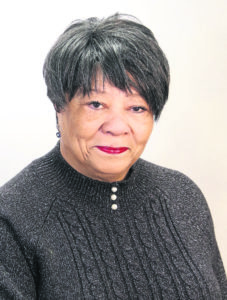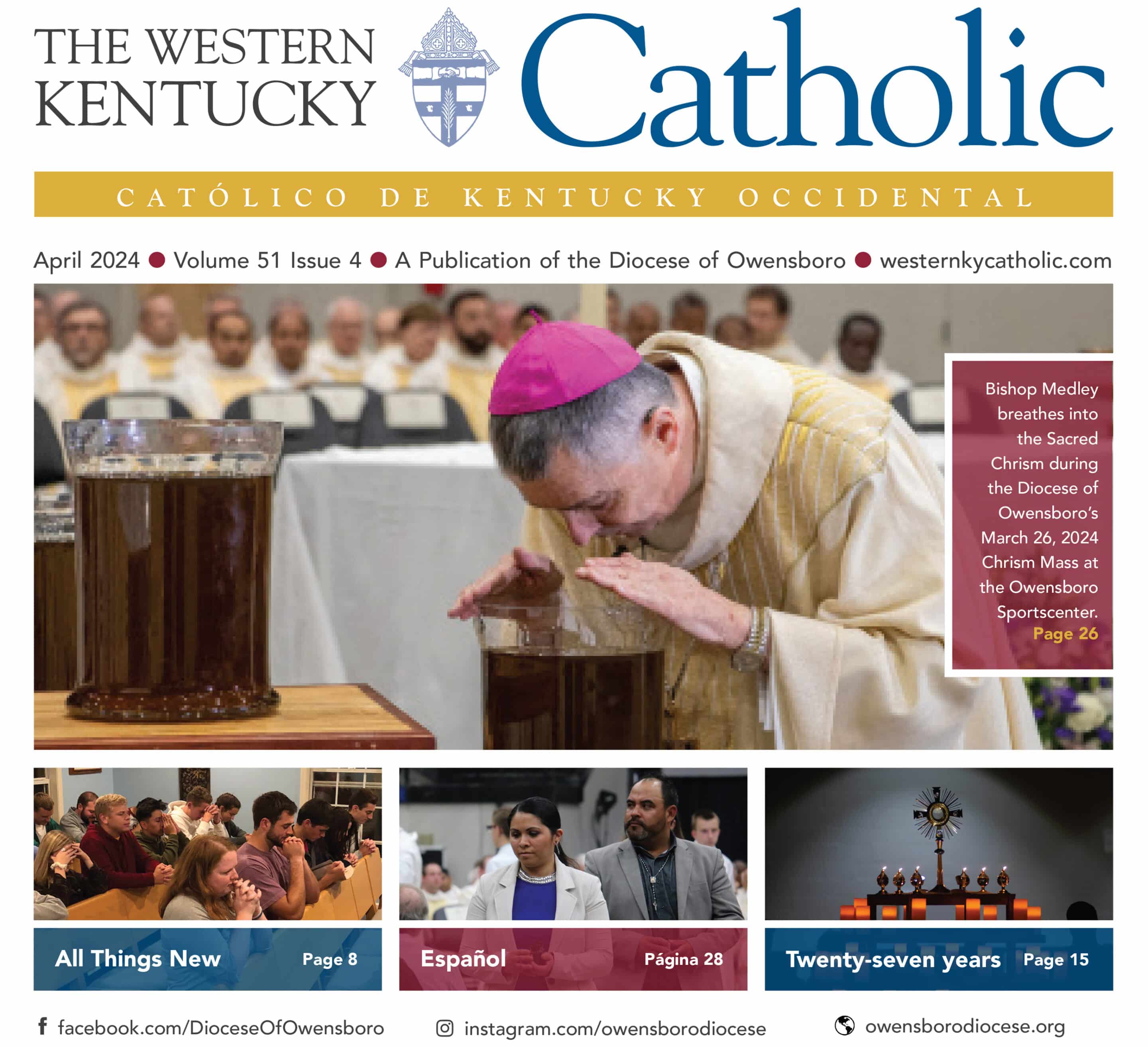Black History Month 2023: Activism, faith, education, the press, and joy
BY F. VERONICA WILHITE, SPECIAL TO THE WESTERN KENTUCKY CATHOLIC

F. Veronica Wilhite, Director of the Office for Black Catholic Ministry in the Diocese of Owensboro.
The theme for Black History Month in 2023 is “Black Resistance.” The historic framework of this theme is rooted in the persistence of Black Americans to survive/thrive in the face of oppression in the forms of racial terrorism, lynching, segregation, discrimination, killings by law enforcement, the KKK and other racial terrorists, voter suppression and unjust incarceration, to identify a few.
ASALH (Association for the Study of African American Life and History), the founder of Black History Month, identifies five historic pillars of “Black Resistance”: Traditions of Activism; Foundations of Faith; the Value of Education; The Black Press and Black Joy which represent “Black efforts to advocate for a dignified self-determined life in a just democratic society in the United States and beyond the United States political jurisdiction.”
Activism: In an effort to live, maintain and protect economic success Black people have organized/planned and armed themselves against murderous white mobs as seen in Memphis, Tenn., (1892); Rosewood, Fla., (1923); and New Orleans, La., (1900). Some Blacks sought self-liberation as in the mass exodus from plantation to the West led by Henry Adams and Benjamin “Pap” Singleton, in 1879 and the organized emigration to Liberia led by Bishop Henry McNeal Turner of the African Methodist Episcopal Church. Many have employed non-violent protests, marching and litigation in pursuit of their rights and the truth that Black lives matter. The NAACP, founded in 1909, continues this quest today as well as other groups.
Faith: Black churches have been spaces where Black communities met to organize resistance efforts, inspired folk to participate in the movements, and offered sanctuary during times of crisis in addition to being a source of inspiration, endurance promotion of equal rights, voter participation and mutual support. It is not by chance that many leaders in the Civil Rights movement were and are ministers. Of note and seldom acknowledged are the Black Catholic churches throughout the U.S. While products of segregation, many of these institutions were viable support systems in the Black communities where they served and often enhanced available educational options in their communities. While many in the Catholic Church practiced institutional racism, there were many individual priests and sisters who actively supported the Civil Rights Movement.
Education: Education from elementary to higher education has been a major pathway for Black progress. Even during slavery and through the Jim Crow era when it was illegal or unavailable, Blacks resisted and pursued education despite the stereotype of inferior intelligence. It was in search for a better education that many Blacks enrolled in the Black Catholic schools in their neighborhoods rather than the notably inferior public schools. “When Carter G. Woodson founded Negro History Week (NHW) in 1926, he saw it as a way to provide a space and resources to critically educate students about their history. The grassroots network of Black teachers used this week not only to lionize individuals and narratives, but also to teach students about racial progress, and as well as shared and collective responsibility. They developed assignments and curriculum to provide students with the tools to succeed.” While many Historically Black Colleges and Universities (HBCUs), were developed by Northern white philanthropists, they provided an opportunity for activists, artists, business owners, educators and professionals to develop leadership and ownership of the collective progress of Blacks.
Black Press: Historically, the mainstream press has not served the Black community as reports of atrocities committed against Blacks was often suppressed and information on viable issues and gatherings was not published. Ida B. Wells used publications to contest the scourge of lynching. These outlets were pivotal in sharing the successes and challenges of resistance movements. Black newspapers such as: Chicago Defender, Chicago Bee, the Afro, The California Eagle, Omaha Star etc. have long neem the source of information for the black community along with Johnson Publishing magazines Ebony and Jet.
Black Joy: From slavery times to the present Black people have utilized music, folklore, poetry, and movement to express emotions. Spiritual music stands out as it messages hope, love, sorrow, and joy; a connection, empathy and yes, even resistance, as in Billie Holliday’s “Strange Fruit” and Marvin Gaye’s “What’s Going On.” “The Black artists, writers, photographers, and musicians who participated in the Black Arts Movement, the Harlem Renaissance, and the Chicago Black Renaissance… created art that supported the resistance movements, but also provided a space for Black people to express love and joy. Creatives used poetry, fiction, short stories, plays, films, and television to counter stereotypes and to imagine a present and future with Black people in it.”
“Black people have sought ways to nurture and protect Black lives, and for autonomy of their physical and intellectual bodies through armed resistance, voluntary emigration, nonviolence, education, literature, sports, media, and legislation/politics… Nearly 179 years ago, the Rev. Henry Highland Garnett proposed that the only path to freedom, justice, and equality; self-determination; and/or social transformation is resistance. In thunder tones, Garnett shouted, “Let your motto be resistance! resistance! RESISTANCE!”
Quotes taken from ASALAH website: https://asalh.org/black-history-themes/
F. Veronica Wilhite is the director of the Office of Black Catholic Ministry for the Diocese of Owensboro.
Originally printed in the February 2023 issue of The Western Kentucky Catholic.

